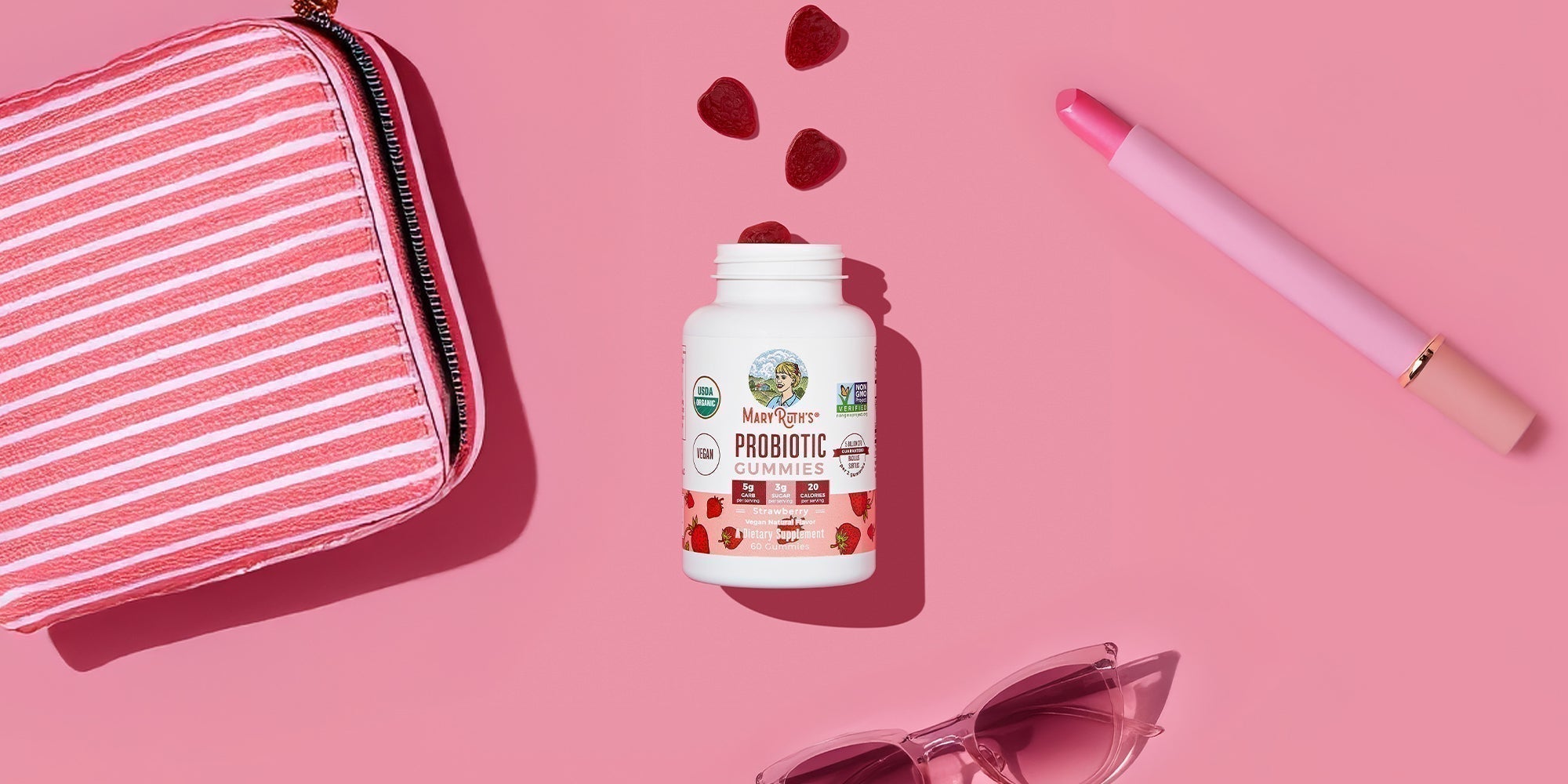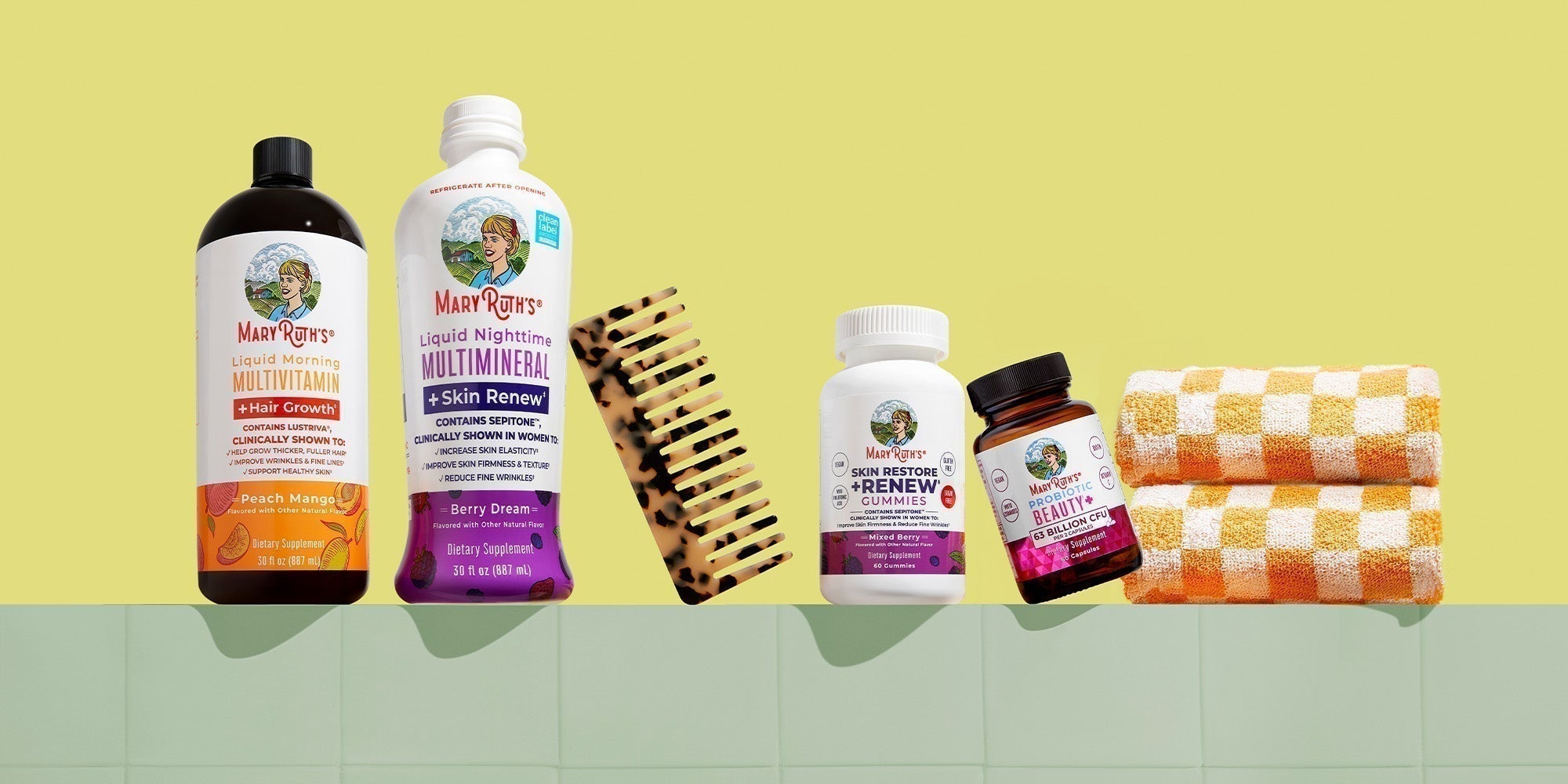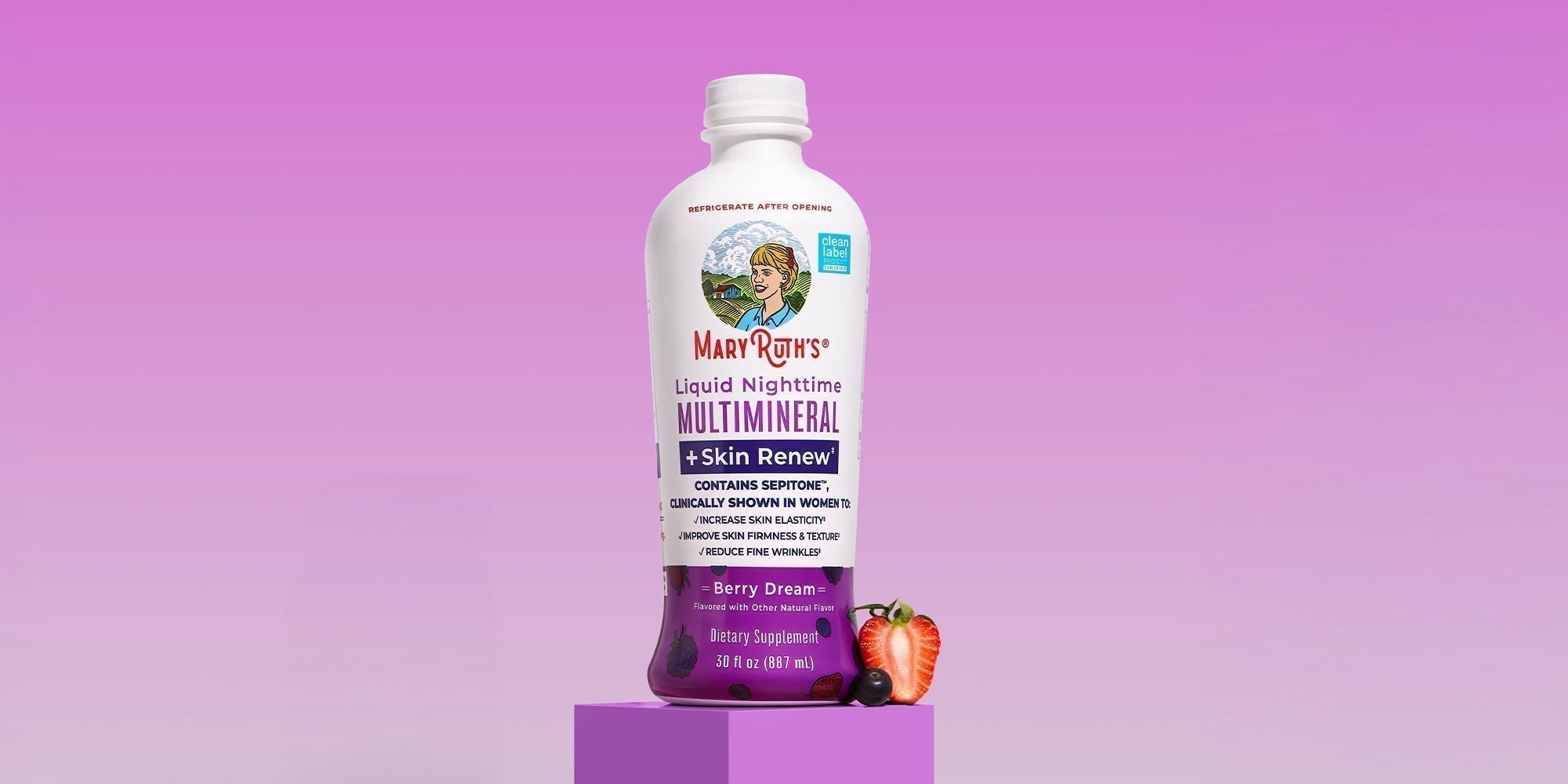Zinc is an essential mineral and is not produced by your body. This mineral plays a vital role in keeping your immune system functioning optimally. Without enough zinc, the negative effects on your body's health may range from mildly troublesome to severe and problematic.
In this post, we'll outline the signs and symptoms that may indicate a zinc deficiency. We'll also fill you in on how to get a zinc deficiency diagnosed and what you can do to get your body's zinc levels back on track.
A Zinc Deficiency May Cause Hair Loss
If you're not getting enough zinc from dietary sources or supplements, you may start to notice your hair thinning. Deficiencies in both iron and zinc have been known to cause both hair loss.
While thinning hair may indicate a zinc deficiency, you may want to consider other factors that might also be causing your hair to fall out. Hair loss is often caused by stress, hormones, genetics, and more. Thinning hair may not mean you have a mineral deficiency – if you aren't sure what's causing your hair loss, make sure to talk to your doctor.
A Zinc Deficiency May Also Cause Gastrointestinal Problems
Insufficient levels of zinc in your body can cause gastrointestinal problems like diarrhea. However, diarrhea, which numerous factors may cause, can also lead to a deficiency in zinc. If you have been dealing with frequent gastrointestinal problems, supplementing with zinc can help keep your levels of the mineral from dropping.
If you are dealing with diarrhea or other gastrointestinal issues frequently, it's best to talk to your doctor before you come to the conclusion that a zinc deficiency is to blame. Since there are plenty of factors that can lead to digestive and gastrointestinal issues, it may not be safe to assume that you are deficient in zinc – something else might be afoot instead. Your doctor can evaluate your symptoms and help you determine what is causing you to have frequent bouts of diarrhea or other forms of gastrointestinal distress.
A Zinc Deficiency May Weaken Your Immune System
Zinc plays an important role in protecting your body from illnesses. If your zinc levels are too low, your immune system may be weakened, making you more vulnerable to getting sick.
To avoid a compromised immune system, supplementing with zinc and eating plenty of nutrient-dense foods is the way to go.
Correcting nutrient deficiencies can help you get your immune system back on track, but it may be wise to consult your doctor if you have a persistent problem with getting sick. Frequent colds and other illnesses can be indicative of a bigger underlying issue in some cases.
Product Recommendation
Low Zinc Levels Can Mess With Your Appetite, Too
Many of the common symptoms of zinc deficiency mirror the symptoms associated with other health problems. Lack of appetite as a symptom of zinc deficiency is a perfect example of why diagnosing low zinc levels can be so tough.
However, while zinc deficiency might not be the most common cause of a suppressed appetite, it is still a possibility worth considering if you're not as hungry as you used to be.As is the case with many symptoms associated with zinc deficiency, weight loss and loss of appetite may be signs of a deeper issue.
How is a Zinc Deficiency Diagnosed?
You’ll have to visit your doctor to get a conclusive diagnosis for a zinc deficiency.
While some companies claim that their products allow you to check your micronutrient levels at home, the claims behind these products are dubious at best. It’s always wise to rely on your doctor rather than at-home solutions when it comes to any diagnosis!
Your doctor will check your micronutrient levels through a blood plasma test, a urine test, or through analysis of a strand of your hair. Once your doctor has the results of your test, they’ll let you know how to proceed.
If your doctor finds that you aren’t getting enough zinc, they may have a few recommendations:
- Your doctor may conclude that your body is not properly absorbing zinc. Insufficient zinc absorption can cause a zinc deficiency even when you are technically getting enough zinc from dietary sources or supplements. Certain health conditions can interfere with your body’s absorption of zinc. If your doctor suspects that one of these conditions is causing you to develop nutrient deficiencies, they’ll provide guidance for further treatment.
- Your doctor may conclude that you’re simply not getting enough zinc in your diet. If so, they’ll recommend that you start adding more zinc-rich foods to your diet or take a supplement.
Treating A Zinc Deficiency
If you adhere to a vegan diet, make sure to let your doctor know. When treating a zinc deficiency, your doctor may advise you to include zinc-rich animal products in your diet. However, you can still add zinc to your diet without eating animal foods.
Plant-based sources of zinc include:
- Soy products
- Fortified whole grains
- Beans
- Nuts and Seeds
- Oats
- Wild Rice
- Peas
- Mushrooms
In addition to adding zinc-rich plant-based foods to your diet, another highly effective way to keep your zinc levels up is taking a supplement each day. We recommend getting a daily boost of zinc from a high-quality multivitamin. You can take a standalone zinc supplement, but a multivitamin gives you a variety of vitamins and minerals together. That way, you won’t need to line up a long list of supplements to take each day.
Taking A Multivitamin To Correct and Prevent Zinc Deficiency
A multivitamin or multimineral can help you avoid a zinc deficiency, and it can also keep your levels of other important nutrients up. MaryRuth’s liquid multivitamins and multiminerals are 100% vegan, sugar-free, free from common allergens, and they’re packed with vitamins and minerals, including zinc.
Why choose MaryRuth’s multivitamins and multimineral as your go-to sources of zinc and other nutrients? Here are just a few reasons.
- Liquid supplements taste better than capsules, and they’re easier to take for many people. If you’re not a fan of pills and capsules or have trouble taking them, a liquid supplement is an excellent alternative.
- Our liquid multivitamins and multiminerals are safe for both kids and adults. Many children struggle with taking vitamins in pill form, as do a large number of adults. To make sure that your kids get the nutrients that they need, start them off on liquid multivitamins or gummies from MaryRuth’s.
- Our multivitamins and multiminerals are sugar-free. Added sugar can have a negative impact on your health, and it’s best to avoid it whenever you can. Our multivitamins and multiminerals are naturally sweet without the use of added sugar, and they taste amazing. You don’t need sugar to get great-tasting vitamins!
To shop for MaryRuth’s liquid multivitamins, minerals, or liquid zinc, click here! You can also visit our blog for more helpful tips about health, wellness, and supplements.
Product Recommendation








